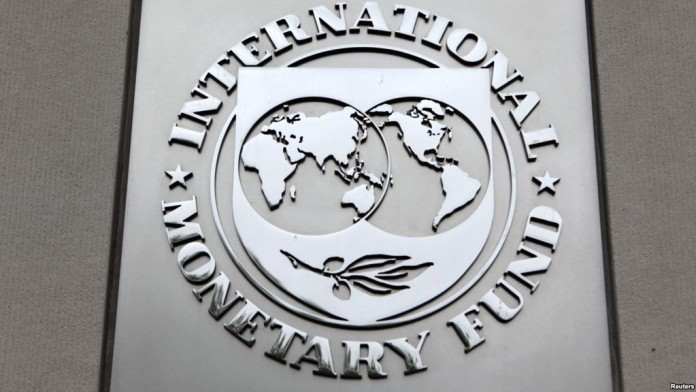The International Monetary Fund (IMF) has officially stated that it did not influence Nigeria’s decision to remove fuel subsidies, emphasizing that the move was independently decided by the Nigerian government.
This clarification came amid widespread criticisms linking the IMF to recent economic policies in Nigeria, which have resulted in increased inflation and hardship for the populace.
During a press conference at the IMF and World Bank Annual Meetings in Washington DC, the IMF’s Director for the African Region, Mr. Abebe Selassie, addressed these concerns.
The decision was a domestic one. We don’t have programs in Nigeria. Our role is limited to regular dialogue, as we have with other nations like Japan or the UK,” explained Selassie.
The Director acknowledged the IMF’s advisory role on public resource management but reiterated that the subsidy removal was part of Nigeria’s broader economic strategy aimed at ensuring long-term sustainable growth.
He highlighted that such decisions are deeply rooted in domestic and political contexts and are essential for greater efficiency in public resource utilization.
Selassie also recognized the challenging economic impact such measures have on the citizens.
He suggested that the Nigerian government could alleviate some of the adverse effects by bolstering social investments.
Selassie stated, “We recognize the significant social costs involved.
The government can mitigate these by expanding social protection for the most vulnerable.






